Discover more about becoming a coach
Frequently Asked Questions
here to help
FAQs
What is executive coaching?
Executive coaching is a professional partnership designed to enhance the leadership and managerial capabilities of executives within organisations. It is a personalised and confidential process, that involves a trained coach, working closely with an executive to identify their strengths, challenges, and developmental areas. The coach supports the client to navigate their own way to achieve their goals and maximise their potential.
Executive coaching aims to enhance self-awareness, develop critical leadership skills, improve decision-making, and foster personal and professional growth. Coaches may use various tools, assessments, and techniques, tailored to the specific needs of the executive, and the coaching process helps executives gain new perspectives, overcome obstacles, and navigate complex organisational dynamics.
- Executive coaching focuses on empowering executives to become more effective leaders, build strong teams, and drive organisational success.
- It encourages continuous learning, self-reflection, and behavioural change.
- By fostering greater self-awareness, enhancing communication skills, and promoting strategic thinking, executive coaching contributes to the development of confident, competent, and agile leaders who can navigate challenges and inspire their teams to achieve excellence.
See our definition of coaching
Listen to some of AoEC faculty and graduates describe what is coaching
Article from AoEC graduate - What is Coaching?
Our Practitioner Diploma in Executive Coaching is a triple accredited course, which is internationally recognised and qualifies you to become an executive coach in under six months.
To find out more, you can attend one of our free open events, to listen to our expert faculty talking about our courses and hear from a past graduate, first hand, about their experience.
What executing coaching is not?
Executive coaching is distinct from counselling, therapy, or mentoring in several ways. Unlike counselling or therapy, which focus on addressing emotional or psychological issues, executive coaching primarily targets professional development and leadership enhancement. It is forward-looking, goal-oriented, and concentrates on improving performance, decision-making, and interpersonal skills within a professional context. While coaching may touch on personal aspects that affect work, it does not delve deep into past traumas or psychological diagnosis. Additionally, executive coaching differs from mentoring, as it safely supports the client to find their own solutions, but does not involve the mentor imparting their specific knowledge or expertise.
Who is executive coaching for?
Executive coaching is beneficial for leaders, managers and individuals who want to enhance their workplace skills, overcome challenges, and maximise their potential. It can be particularly valuable during times of transition, such as taking on a new leadership role, managing organisational changes, or facing complex business challenges. Executives who seek to improve their communication, decision-making, strategic thinking, and team-building abilities can benefit greatly from receiving executive coaching.
While executive coaching primarily targets individuals in business and corporate settings, its principles and techniques can also be applied to anyone wanting to achieve their goals.
When is executive coaching used?
Executive coaching is used in various situations to support people in their personal and professional growth. Here are some scenarios when executive coaching is utilised:
- Leadership Development: Executive coaching is often employed to develop leadership skills and capabilities. It helps leaders enhance their self-awareness, communication, decision-making, and strategic thinking abilities.
- Transitioning into a New Role: When executives transition into new roles or positions, coaching can assist them in navigating the challenges, understanding organisational dynamics, and setting themselves up for success.
- Managing Change: During times of organisational change, such as mergers, restructurings, or leadership transitions, coaching can help leaders adapt, manage resistance, and lead teams effectively through the change process.
- Performance Improvement: If an executive is experiencing performance challenges, coaching can provide targeted support in addressing specific areas of improvement and enhancing overall effectiveness.
- Career Advancement: Executive coaching can be beneficial when leaders are seeking to advance their careers, develop a leadership presence, and position themselves for higher-level roles.
- Work-Life Balance: Coaching can help people to find a healthy balance between work and personal life, manage stress, and prioritise their well-being.
- Skill Enhancement: Coachees may engage in coaching to enhance specific skills such as communication, conflict resolution, delegation, or managing high-performing teams.
- Succession Planning: Coaching is often used as part of succession planning initiatives, to prepare future leaders for their upcoming roles and responsibilities.
Overall, executive coaching is employed in various contexts to maximise potential and achieve goals.
Is there a market for executive coaching?
The 2023 ICF Snapshot Survey - Future of Coaching reports that:
- Over nine in 10 coach practitioners (91%) said they currently have active clients, giving an estimated 99,100 active coach practitioners, representing a 55% increase compared with the position in 2019.
- In 2022, active coach practitioners generated an estimated annual revenue/income from coaching of $4.564 billion U.S. dollars (USD), representing a 60% increase over the 2019 estimate.
- The estimated 55% increase in active coach practitioners was the main factor driving the increase in total annual revenue from coaching.
- In addition, the average annual revenue/income from coaching is estimated to have risen by 12% between 2019 and 2022, to $52,800 U.S. dollars.
Coach practitioners that responded to the survey have a high degree of confidence that the industry will continue to grow. Almost one in four coach practitioners (24%) are extremely confident that the industry will expand over the next 12 months while 42% said they are very confident. Just 7% said they are not at all or not very confident
Henley Business School - Future Trends in Coaching 2021 report team coaching to be the biggest growth trend and the ability to deliver online. The State of Coaching and Mentoring Report by PushFar and Sheridan Worldwide supports these findings are reports three main future trends:
- Technology will broaden the reach of coaching
- The development of team coaching will ramp up
- Organisations will develop a coaching culture
How do I choose the best coach training for me?
There are two considerations when training and developing as a coach.
The first is to consider what is the best coach training for you?
There are several recognised qualifications and credentials that can indicate a coach's level of expertise and professionalism in the field of executive coaching.
The first is their qualification/s.
- Accredited Coaching Training Programmes. Explore programmes from reputable institutions or training organisations, how long have they been training for? How many people have they trained? Who does the training? Talk to others that have been through the training and read reviews. Attend open events to meet faculty and see the training style. Look for programmes that are accredited by professional bodies such as the International Coaching Federtaion (ICF), the Association for Coaching (AC), or the European Mentoring and Coaching Council (EMCC). The AoEC's Practitioner Diploma in Executive Coaching is accredited by all 3 of these bodies and qualifies you to become an internationally recognised executive coach in under six months. And if you are applying for accreditation with a professional body (see point 4), what is covered in the programme that you will need eg mentor coaching, supervision and coaching hours.
- Advanced Coach Training. Some executive coaches want to both deepen their learning and expertise and master a level that sets them apart from other coaches.
We offer an Advanced Diploma in Executive Coaching, accredited by both the EMCC and ICF, designed to give you the theory, practise, learning materials and long-term support network needed, to further your abilities as a first-class coach with a business focus. - Adding team coaching to your portfolio. With team coaching a future growth area more and more coaches are looking to add team coaching to their skillset. There are several different team coaching programmes on the market so do your resaerch. Again ask around, see what accreditation the programme has? What is the learning style? How is is delivered? Who are the faculty? How long will the programme take? See if there are open events to go along to and/or any graduates from the programme that you can speak with.
- Continued Professional Development. Where coaches actively pursue ongoing professional development and stay updated with the latest coaching methodologies and practices. This can be demonstrated through participation in workshops, conferences, or advanced training programmes. We also offer several CPD training courses including Coaching in the Climate Crisis, Transactional Analysis and Gestalt Coaching which you can access those here.
Following your coaching qualification you may choose to be credential by one of the professional bodies.
International Coach Federation (ICF) credentials: The ICF offers three levels of credentials:
Associate Certified Coach (ACC),
Professional Certified Coach (PCC), and
Master Certified Coach (MCC).
European Mentoring and Coaching Council (EMCC) credentials: The EMCC has four levels of individual accreditation:
1. Foundation
2. Practitioner
3. Senior Practitioner
4. Master Practitioner
Association for Coaching (AC): The AC has four levels of individual accreditation:
1. Foundation Executive Coach
2. Executive Coach
3. Professional Executive Coach
4. Master Executive Coach
All of these credentials from all of the professional bodies demonstrate a coach's adherence to ethical standards and their level of training and experience.
Accreditation can be confusing so we have put together an Information Sheet to provide some explanation aboutthe main professional bodies.
How do I become an executive coach?
We, at the AoEC offer many courses and the programmes, but the one that will give you the status of a qualified executive coach, is our triple-accredited Practitioner Diploma in Executive Coaching. You could also start your coaching journey with our Coaching Skills Certificate, which will give you the grounding you need to understand many aspects of coaching and practise techniques. You can learn all about the individual courses here.
Or to find our more why don't you join one of our open events 'An Introduction to Coaching and Becoming an Executive Coach'.
Can you explain accreditation to me?
Yes.
Accreditation can sound complicated, so for that reason, we have created a dedicated page, called 'Learn More about Becoming a Coach' where you can access information about our open events and accreditation. You can also download our booklet 'A Guide to Accreditation - A Guide to Accrediting Bodies'
I am not from the UK, can I join one of your courses?
We have partners that run AoEC programmes across the globe and you can take at look at their pages here. However, as many of our courses are run virtually, as well as in-person, if you are comfortable understanding and speaking English, you may join a programme held from the UK. Our Advanced Practitioner Diploma in Executive Coaching is a residential programme that sees participants from many different countries. Here is a link to our UK course page.
I am neurodiverse, can I be a coach?
We welcome participants from all backgrounds and embrace diversity in all its forms. If you require adjustments to be made to fully access all components of the training please discuss with us.
Is there somewhere I can meet the faculty and ask questions before I sign up?
Yes.
We run free open events regularly, where you can learn about the route to becoming a professional qualified coach, ask questions, see a live coaching demo and hear first hand from a past graduate.
You can access those events here.
Who can I speak to if I have questions about the courses or anything else?
Our Customer Relationship Managers are on hand to answer any questions you may have and you can contact them by emailing enquiries@aoec.com.
Alternatively, we have a chat function on our website called 'Ace' which would have popped up when you arrived on the site. You can put any questions on there, which you may be holding and also arrange a call with one of our team.
Do you offer payment plans?
Yes.
Interest free payment plans are available to self-funders if you wish to pay for the programme in instalments. This is available for: the Practitioner Diploma in Executive Coaching, the Advanced Practitioner in Executive Coaching and the Systemic Team Coaching Diploma.
If you are self funding the Practitioner Diploma, then there is the option to spread the payments over 4 monthly interest free instalments. When submitting your application, please make sure to select this payment option. An invoice will be sent to you once your application has been processed, and it is required that the first instalment is paid before receiving the course enrolment details. Please note that all payments are subject to VAT.
This formulates a credit agreement for your course participation and requires payment in full before delivery of the final module. The payment plan is not an indication of payment per module, should you no longer be able to proceed with the course as planned, full course fees are still applicable.
Please contact us for further information.
Additionally, in England, Wales and Scotland there is a £250 discount towards the Practitioner Diploma in Executive Coaching for individuals who have completed the Coaching Skills Certificate with the AoEC.
What support will the AoEC give me after I qualify to be a coach?
If you complete our Practitioner Diploma in Executive programme, Advanced Diploma in Executive Coaching Programme, Systemic Team Coaching Diploma or Resilience Accreditation Programme run in the UK, you will have had the opportunity to attend our prestigious graduation ceremony and be able to join our AoEC Alumni. As part of the alumni, you will have access to a wealth of knowledge, tips and techniques as well as benefits and offers, including course discounts. You can also join our Alumni LinkedIn page to help you network with other graduates and receive Alumni benefits and information first hand.
We also have a well stocked Knowledge Bank containing articles and interviews to help you with your practise and we publish two newsletters a month, one via email and one on our LinkedIn page.
Join us on our other Social Media pages to keep up to date with news and information.
If you have any further enquires, don't hesitate to get in touch via our website chat function 'Ace' or email us here enquiries@aoec.com
Coaching training programmes accredited by:
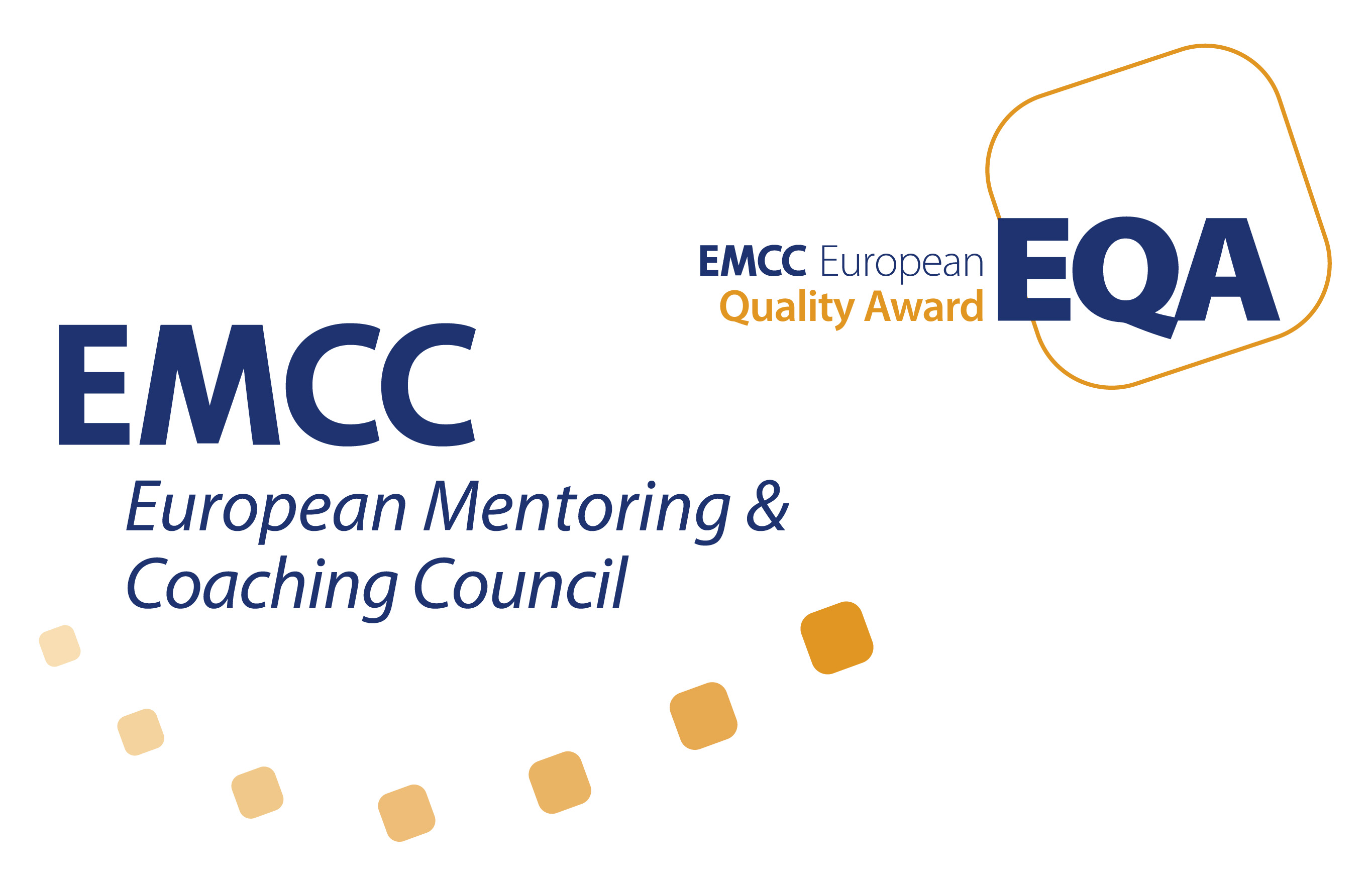
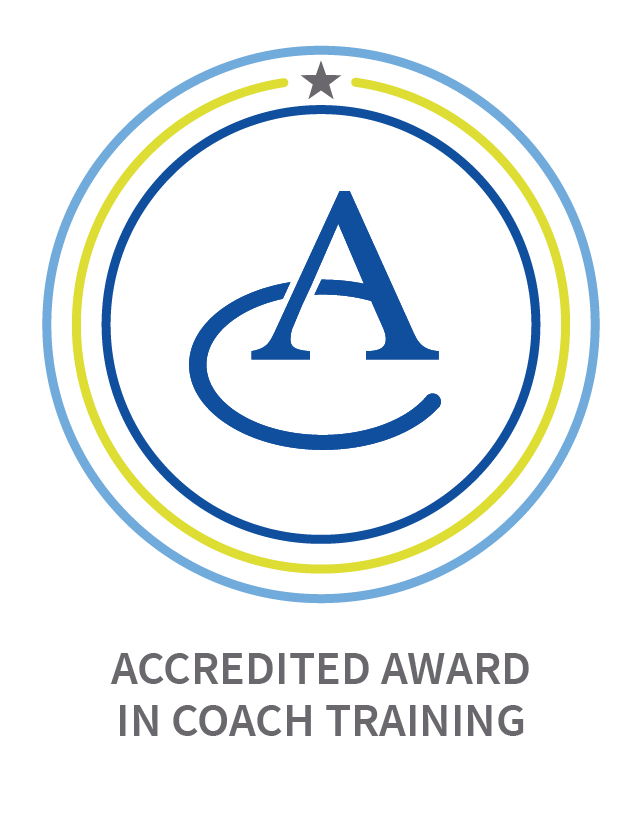
Trusted by:



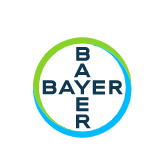
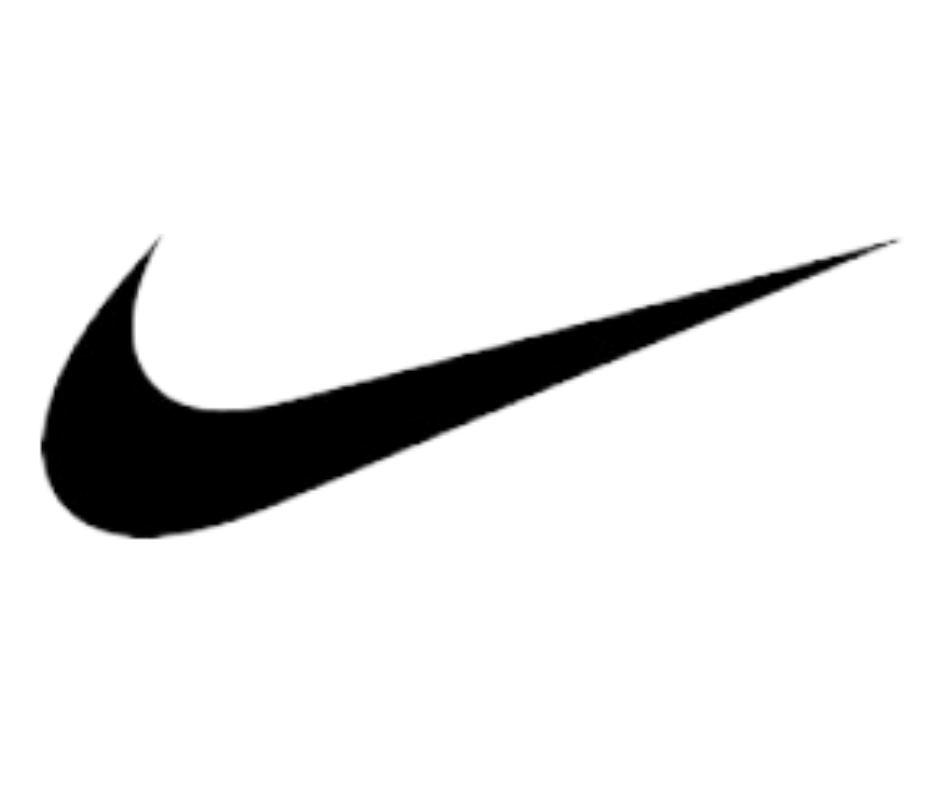

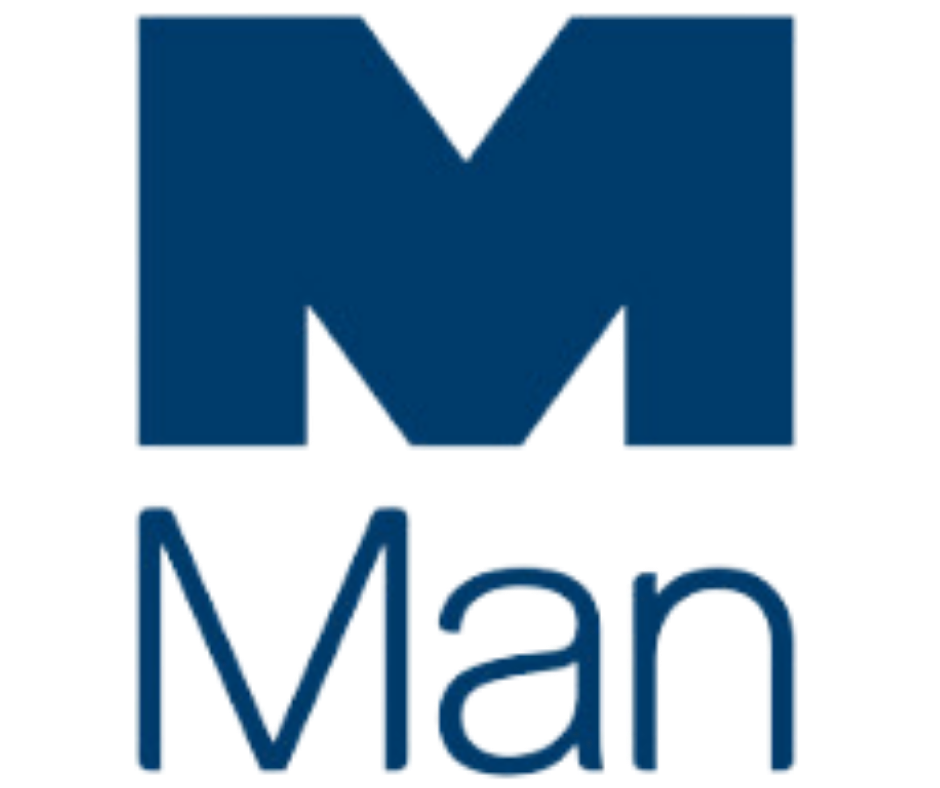
Article
Why do we undervalue management as a skill?
2nd May 2024 by Karen Smart
British managers are being held back by some employers. Held back by a lack of investment in proper training and…
Other
Video: "The Practitioner Diploma allowed me to discover who I am"
26th April 2024
Graduate Emily Mason on how doing the Practitioner Diploma in Executive Coaching has transformed her life...
Article
Revitalise your workplace – energy assessments and coaching combo
22nd April 2024 by Lee Robertson
Speed and productivity are key in today’s workplace, but could HR professionals make more use of tools such as energy…